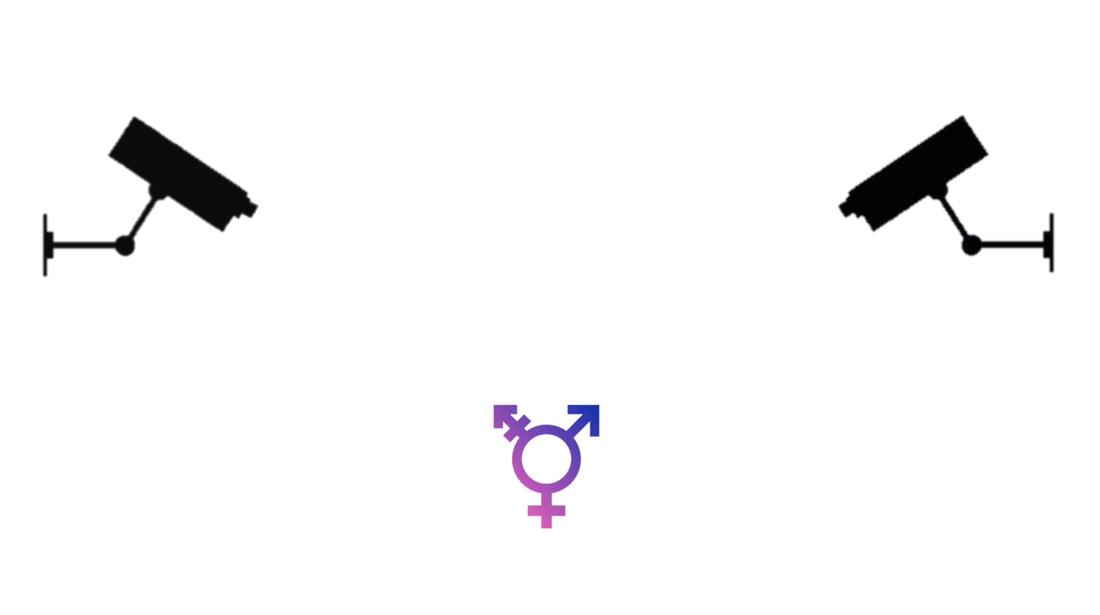Understanding the Social Implications of Automatic Gender Recognition
|
Relevant Publications:
Hamidi, F., Scheuerman, M. K., Branham, S. M. Gender Recognition or Gender Reductionism? The Social Implications of Embedded Gender Recognition Systems. In Proceedings of the 2018 CHI Conference on Human Factors in Computing Systems (CHI ’18). Association for Computing Machinery, New York, NY, USA, Paper 8, 1–13. Scheuerman, M. K., Branham, S. M., and Hamidi, F. 2018. Safe Spaces and Safe Places: Unpacking Technology-Mediated Experiences of Safety and Harm with Transgender People. Proc. ACM Hum.-Comput. Interact. 2, CSCW, Article 155 (November 2018), 27 pages |
Emerging technologies that use a variety of machine learning and artificial intelligence techniques to attempt to automatically recognize complex human characteristics, such as gender, sexual preference and even criminality, are becoming more prevalent. While the majority of research on these systems have focused on solving the technical challenges they pose, it is crucial to understand the social and ethical dilemmas that they cause as well.
In this project, we look at the impact of automatic gender recognition (AGR) technology from the lens of transgender individuals. Studying this underrepresented perspective provides us with an opportunity to learn about how automatic technologies that are designed without consultation with human agents can pose threats to their identity, autonomy, and privacy. |

